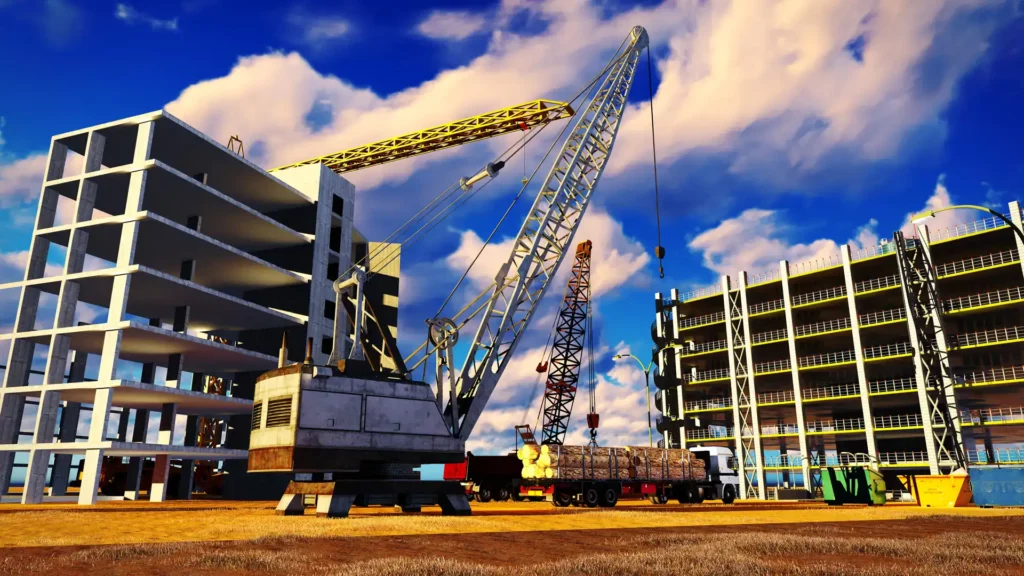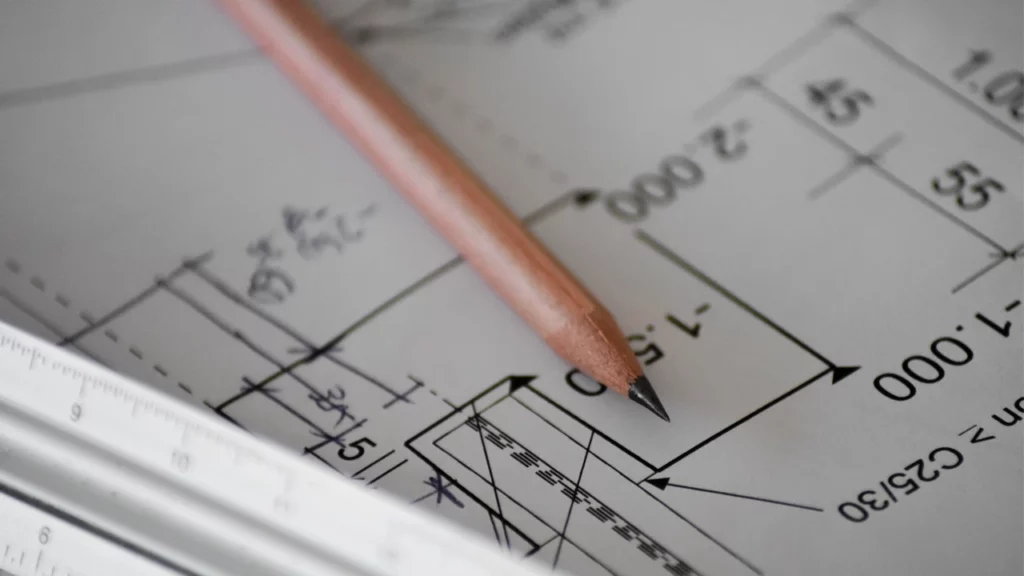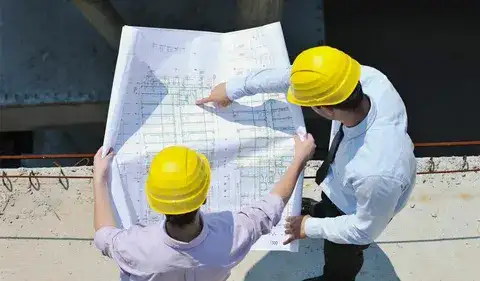In 2025, the quality of construction work is more important than ever. Whether it is a housing project or an industrial structure, taking the quality right means strength, security, and long-lasting value. Checking quality throughout construction projects enables you to prevent future financial costs and time delays as well as stress. Construction requires achieving correct results while working on the first attempt. Quality evaluation stands as an essential requirement for this reason.
DO YOU WANT TO ENSURE YOUR CONSTRUCTION ALIGNS WITH THE RIGHT STANDARDS? DIVE INTO OUR EXPERT GUIDE TO KNOW HOW TO CHECK THE QUALITY OF CONSTRUCTION WORK AND BUILD WITH CONFIDENCE!
Understand the Type of Construction Project
Before diving into technical valuations, it is important to know the kind of project you are dealing with. The quality control process varies for houses, lofty buildings, commercial structures, and industrial plants. Every project type has its benchmarks and challenges. The inspection criteria, materials used, and the last finish will vary. Always start by reviewing your project needs and standards.
Evaluate the Foundation Work
The assessment of the quality of construction work begins by inspecting the base foundation. A solid foundation, which is properly installed, provides the lifespan for a structure. Review the soil testing reports before starting construction. Ensure the depth and width of the footing follow your structural layouts. Uneven levels or cracks at this early phase are red flags. If you do not address this, it can lead to future issues. Bidding Estimate helps you by offering the best footing evaluation solutions.
Check the Material Quality Used
You cannot expect superb results with poor materials. From bricks to plumbing and cement to steel, everything must be top-quality. Ensure that your contractor uses certified and quality materials. Review the supplier’s details and verify the batch numbers. Even a small compromised quality here will lead to major errors later on.
We provide the best Construction Estimating Services to help in forecasting the right material quantities and kinds. This way, waste is reduced, and precision is ensured.
Monitor the Wall and Brickwork
Bricks should be laid uniformly and united properly. If the brick joints are too wide or non-uniform, it affects not only the look of a building but also its durability. Tap on the walls politely after construction work. Hollow sounds could indicate gaps in the bricks. That is not a good sign and is alarming.
Furthermore, plastering work should be even, crack-free, and done just after the bricks have settled. You should also examine the verticality of the walls using a laser level or a plumb bob. Any deviance could affect the beauty and structure.
Inspect the Concrete Work
Concrete is the backbone of any building. That is why it is vital to check its stability and curing process. Wrong mixing or curing can deteriorate the structure. See the color and surface finish of concrete. Good quality concrete will have an even, smooth look with no honeycombing. If you are working with a professional contractor, request cube test reports. These tests evaluate compressive power and show whether the concrete mix meets needed standards.
Look at Doors and Window Installation
The doors and windows installation speaks much about the quality of construction work. You must use the frames that are aligned and level. Gaps between the wall and frame must be negligible. Check if the shutters open and close smoothly. Misaligned or jammed doors are often a sign of poor workmanship or shifting structures. In addition, the fixtures should be of standard quality and corrosion-resistant.
Plumbing and Electrical Checks
This is where many builders try to cut corners. Poor plumbing or electrical work will show itself a few months down the road. Water seepage or short circuits are common issues. Pipes should be concealed properly without bends that can block water flow. Electrical wiring must be neat, color-coded, and planned to avoid future overloads. To assess the construction work quality, do not feel shy about hiring a third-party inspector to review these critical factors before moving on.
Consider the Finishing Touches
Finishing work is the final noticeable piece of construction. Tiles must be laid evenly, and paint should be smooth, without cracking and bubbling. Ceilings should be flawlessly level and free from marks. The finishing step defines the comfort and charm of your space. Take your time with reviews; rushed or inexpert work often leaves visible mistakes.
Location Affects Work Standards
The project site also affects construction quality. Urban areas often have better access to trained labor and the right materials. Conversely, distant areas may need extra checks due to inadequate resources. A Cost Estimating Firm can help you know how these regional differences affect your entire quality and cost expectations.
Final Thoughts on Ensuring Quality
At every stage, tracing the quality of construction work is essential. Delays, budget overruns, and future upkeeps often come from negligence in detail. Do not depend totally on contractors; instead, do your checks, or bring in a professional. Good construction depends on planning, materials, labor, and execution. Missing any one of these can cost you big. If you are unsure where to begin, hiring experts from a cost-estimating firm can make the process easier. They help validate quantities, quality standards, and current market rates. You can build smarter and safer with their guidance.




